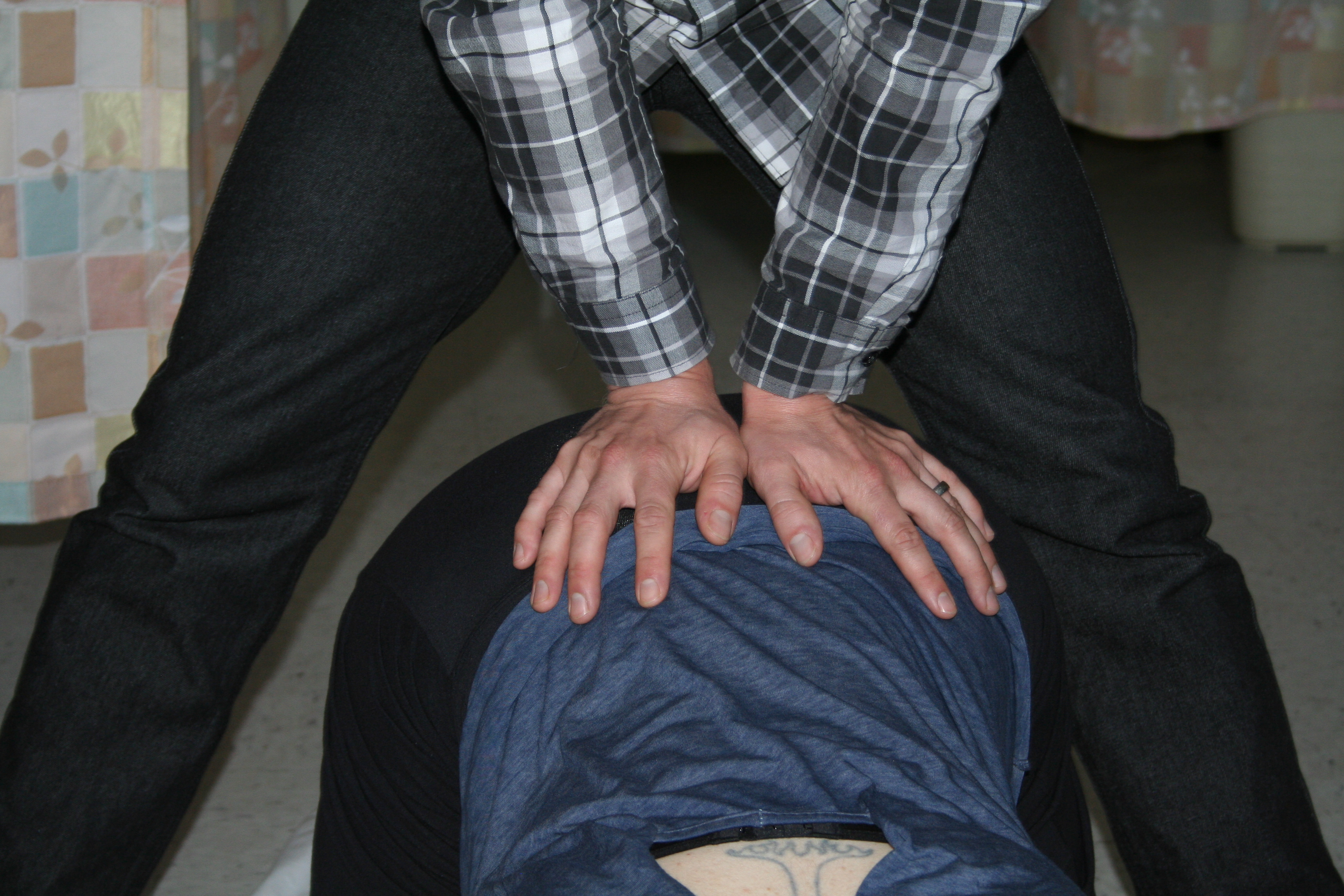One of the most common misconceptions about doula support is that doulas replace or take away from a partner’s role. I understand where this concern comes from but most doulas (especially the good ones!) make it a priority to involve, empower, and support the partner.
5 Reasons Every Partner Can Benefit from Doula Support
1. A Doula Helps the Partner Help the Mother
Most partners want to be active participants in the birthing experience but do not know specifically how to best support the mother. Has he memorized the optimal labor positions to facilitate labor progress and avoid a stall? Is he prepared to rub your back or squeeze your hips for 12 hours all by himself? Enter the doula! Having expertise in comfort measures—ranging from counter-pressue techniques to the use of a rebozo to the use of acupressure —a doula can guide the partner so that he can most effectively support the mother, offering suggestions for the different phases and stages of labor. I always say that the primary support person should be the partner, while the doula is there to empower and guide the partner so that he can offer the best possible support to the mother.
2. A Doula’s Expertise Fills the Void of Vulnerability
Most partners are not experts in childbirth and therefore often find themselves feeling particularly vulnerable when faced with the different stages of labor: Is it okay that she is vomiting? What does this mean? Why is she making that noise? She is asking for pain-relief, does she really want an epidural? Having an experienced doula present throughout the process is incredibly comforting to most partners, as she is a constant in the room that can reassure the mother and the partner that the mother is making good labor progress, she knows when medical attention is necessary, and she knows what positions and techniques to use to help a woman become more comfortable and for labor to progress more smoothly.
3. A Trusted Confidant for Making Tough Decisions
When a woman is in labor—working hard to bring her baby into the world—the partner is often rendered just a vulnerable as the mother, especially when faced with making decisions about medical interventions. Is it really best to have an IV? Is Pitocin really necessary to accelerate labor? What are the alternatives? A doula will meet with the couple at 32 weeks to go over your birth preferences, help you to understand your options, prepare you for what to expect, and ultimately learn how she can best support each individual couple. Therefore, at the birth, the doula knows the couple’s priorities and can help the couple navigate any special circumstances that may arise, ensuring that the couple is able to make fully informed choices about their care. She can also help facilitate effective communication and collaboration with care providers, ensuring that the couple feels supported and respected in all decisions.
4. She’s There for You, Too!
Many partners find it very helpful—especially at a long birth—to know that there is another designated person whose exclusive focus is on supporting the mother. During the first stage (which can last as long as 18-24 hours), couples are left primarily alone. Providers may come in to check on the mother a few times in brief increments and the average nurse spends approximately 10 minutes per hour with the mother. Having a doula present offering continuous one-on-one care enables the partner to have the freedom to take a quick nap or step out for a cup of coffee, for example, knowing that he is not leaving the mother alone or unsupported while taking care of his needs. Working together as a team to support the mother, the doula and the partner often develop a very strong bond.
5. “Happy Wife, Happy Life!”
Evidence shows that a woman’s overall satisfaction with her birth experience is greatly increased by the presence of a doula. With a doula, a woman is much more likely to feel completely emotionally and physically supported not only during the actual childbirth experience but also throughout her pregnancy and the postpartum experience, allowing her to feel more prepared, confident, and empowered leading up to the birth and decreasing her risk of developing postpartum depression or anxiety.
Ellie Lindenmayer is a birth doula with over three years of experience, having attended over 50 births. She serves the Boston area, its North Shore, and seacoast New Hampshire.
